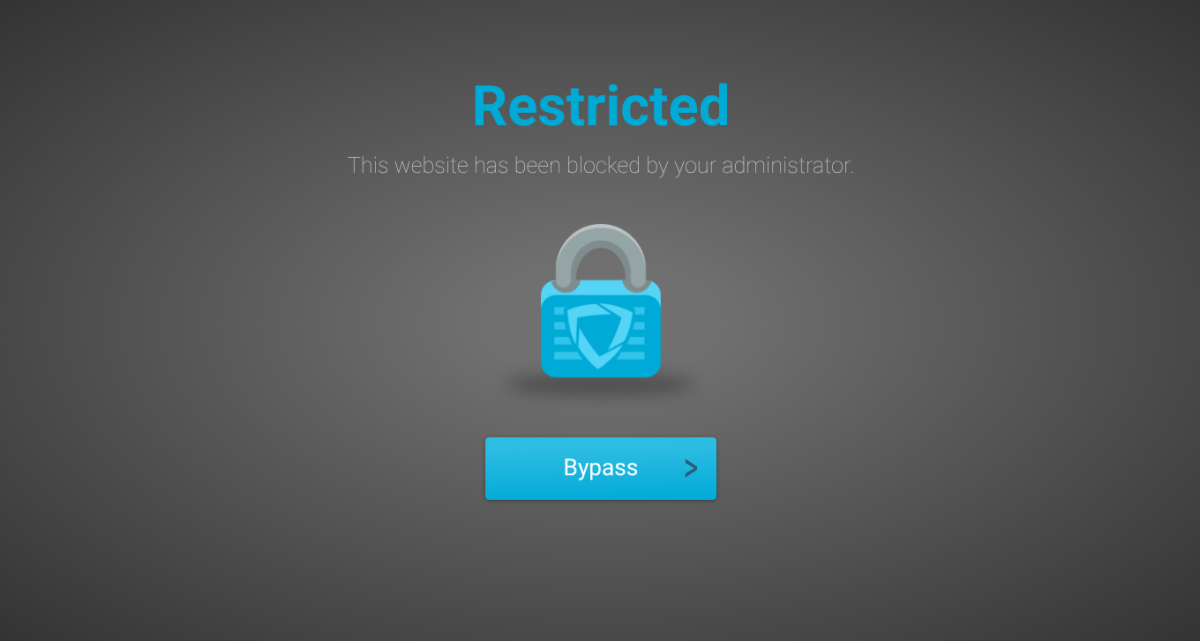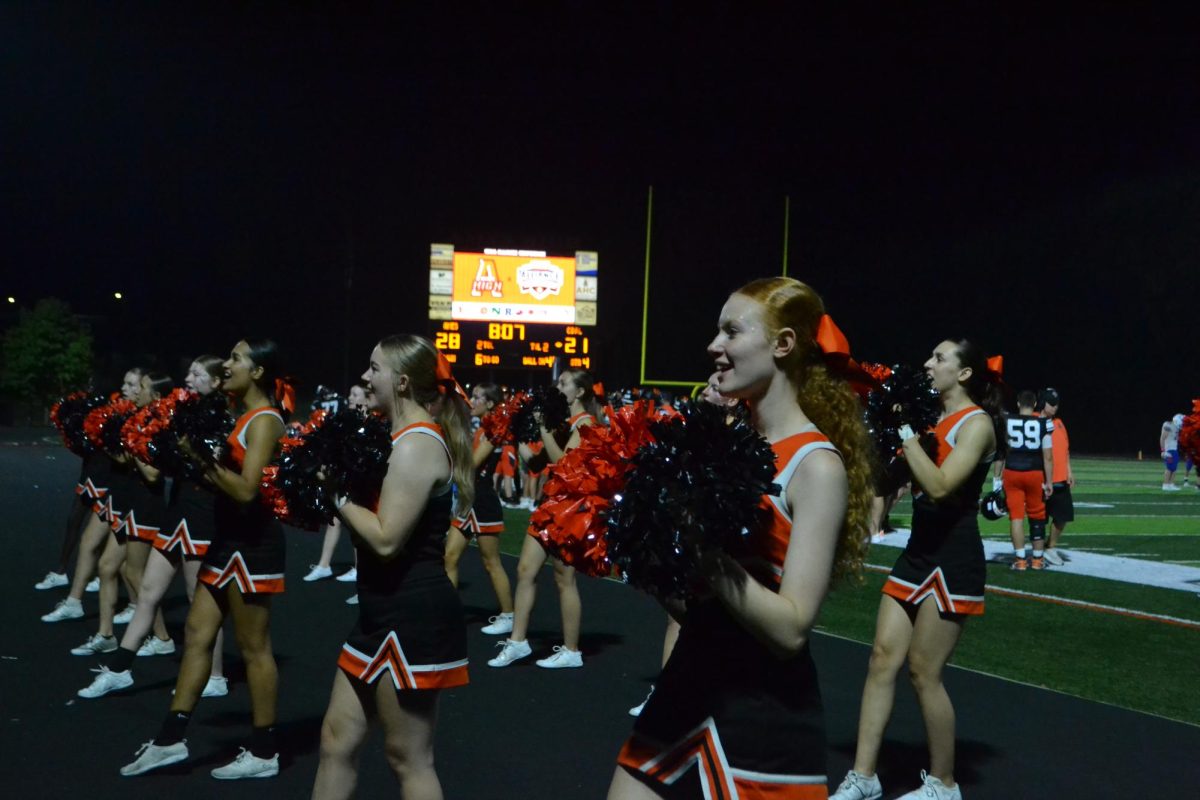WEB reporter Paul Hibbing gets onto urbandictionary.com and types in "Krumping." He is thinking about writing an informational article for the school newspaper about the style of dance, and needs a baseline definition from the Internet. But the Web browser jerks to a stop, and mocks poor Paul with this message: ACSD Content filter This site is not allowed This site is blocked in accordance with the terms of your AUP. Paul is taken aback. "What?" yells he. "This is a school story!" The gray-boxed "ACSD Content Filter" page is one that countless students encounter daily here at Ames High. It is in accordance with the Children’s Internet Protection Act, signed into law by President Bill Clinton in 2000 and upheld by the Supreme Court in 2003, which effectively requires schools to block Internet content if it is: "obscene," "child pornography," or "harmful to minors," and "taken as a whole, lacks serious literary, artistic, political, or scientific value as to minors." The school district filter is run by the Technology Department, which includes the AHS Media Center staff. Most students have probably seen an MC staffer walking over and informing a student that the game they were playing is a violation of their Acceptable Use Policy, and further abuse of this terrible nature could result in disciplinary action. "Students who do not comply with the above rules should expect to lose computer privileges for one week for their first offense," states the AUP. "A second offense may result in the loss of computer privileges for the remainder of the school year AND students taking a computer-based class may be dropped from the course if applicable. " Facebook (which the WEB has been using to connect and interact with our audience), YouTube (which teachers sometimes use in class for educational purposes), and Twitter (which isn’t really that important) are blocked due to the incredible amount of dangerous and possibly obscene social networking going on in the sites, while one can freely learn how to properly take bong hits and surf Google Images for "child pornography" during school time. Some possibly educational Wikipedia pages are often blocked for "adult content," which occasionally interrupts students’ AP Biology research projects, but the filter will allow them to look at other, decidedly more graphic, pages on sites that have no educational value whatsoever. Why? Before any student can legally use an ACSD computer, they and their parents must sign the aforementioned Acceptable Use Policy, which defines "inappropriate use" of school computers as including but not limited to: " online chatting, shopping, social networking sites (myspace.com, facebook.com, etc.), games, youtube.com, viewing of inappropriate material, bypassing school filters, downloading and installation of software, and harming the Districtâs digital resources in any way." One of those ("viewing of inappropriate material") can be legally upheld by the CIPA law, but the rest? How is online shopping "obscene," "child pornography," or "harmful to minors?" What danger does allowing World of Warcraft on school computers pose to minors–or the school district? Are we really this untrustworthy? Is it so much of a risk that kids will download viruses onto school computers that we need to block everything that possibly could do so? Do we really need to sign papers swearing that we will not play computer games or connect with our friends on these precious computers? Using computers for non-educational things is obviously harmful to other students if they are waiting to use a computer for actual schoolwork. But every computer is not always in use. If a student were to rush into a lab needing the use of a computer for school purposes, and there is an open computer available, the other students in the lab would not be directly inhibiting them. Therefore, it is arguable that when it does not hurt others, students should have the right to do whatever they want on a computer, providing that it is not illegal or obscene. It’s time to reform our school district’s student technology policies. Here is The WEB’ s idea of a more acceptable Acceptable Use Policy: On my honor, I promise to use all ACSD technology appropriately and in a manner that is mindful of others. -I am responsible for: being ethical and respectful of the rights of others, including the rights to privacy; refraining from any illegal and improper intrusions into the accounts of others and/or into any District information technology resources; keeping my password private and only using my personal server account; ensuring that all information I gather from the Internet is accurate, recognizing and honoring the intellectual property rights of others and making citations as appropriate; and not preventing others from having access to ACSD resources for educational purposes. -I promise to refrain from: accessing of material that is obscene, inappropriately graphic, and/or harmful to other students without any educational value; downloading and installation of software without permission; or harming the Districtâs digital resources in any way. I understand that failure to comply with these above statements can result in punishment, including loss of ACSD computer privileges for a determined amount of time; removal from any computer-based courses I may be taking, and/or suspension from school, depending on the nature of my infraction(s). That, to us, seems much more reasonable.
Categories:
Editorial: Give students more freedom to use school technology
Scott MacDonald
•
October 13, 2009
Story continues below advertisement
0
Donate to The WEB
$0
$500
Contributed
Our Goal
Your donation will support the student journalists of Ames High School, and Iowa needs student journalists. Your contribution will allow us to cover our annual website hosting costs.





















